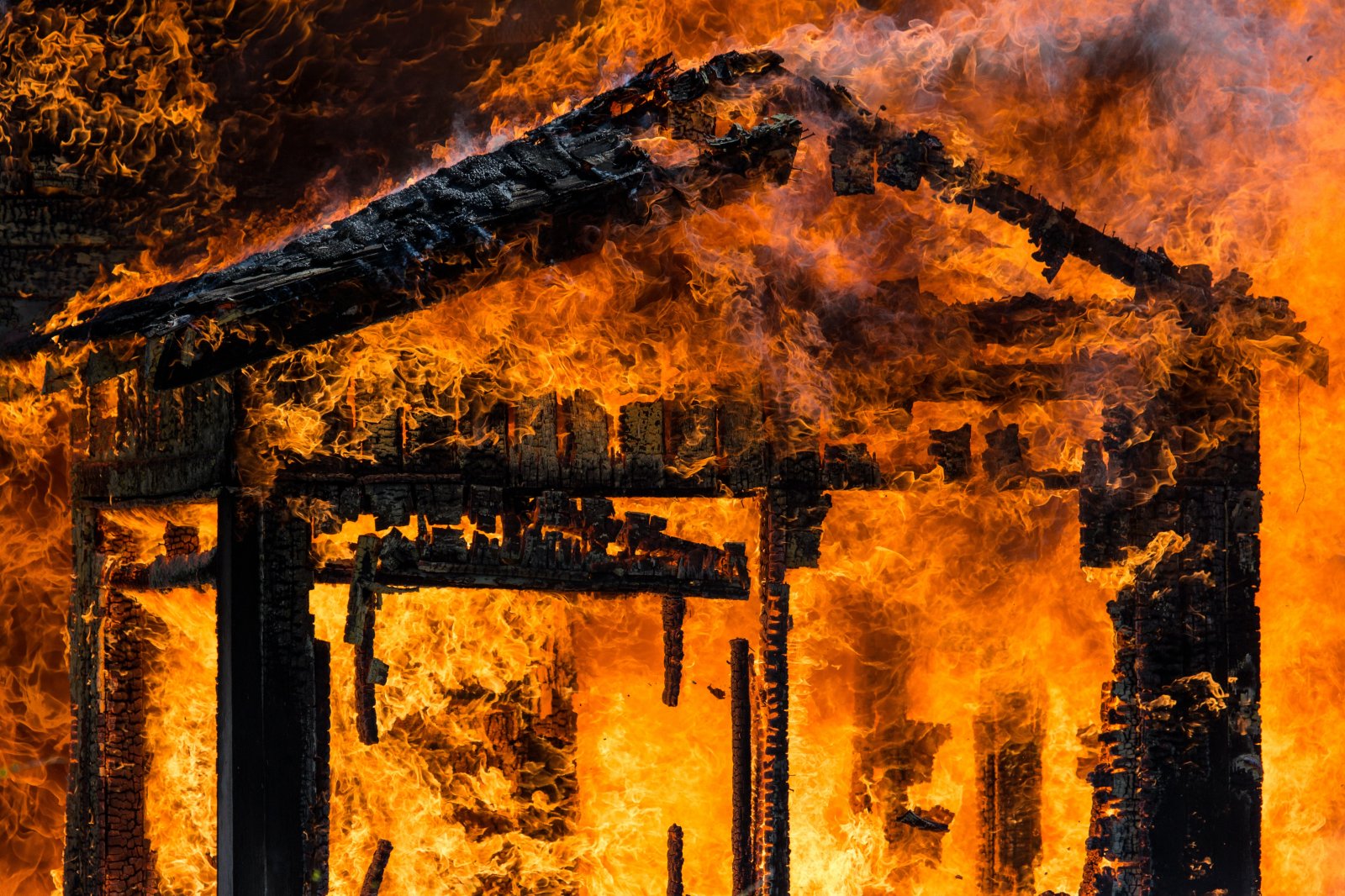Sunday Reflection - 33rd Sunday of Ordinary Time (Year C)
Posted: Mon, 14 Nov 2022 10:03
As we come to the end of this liturgical year, we can reminisce on the power of Luke's picture of Jesus over these past twelve months. Luke concentrates on the pastoral ministry of Jesus, especially through the power of story in the wonderful parables. We have been reminded of the 'Prodigal Son' and the 'Good Samaritan.' We have shared the healing ministry in the cure of the paralysed man let down through the roof, and shared beautiful examples of table fellowship such as his time in Bethany with Mary and Martha. Time and time again, in Luke, we witness His ministry of inclusion and reconciliation. As we come to the end of this gospel, Luke writes of the fall of Jerusalem and the destruction of the great Temple. For the Jewish family, especially, those contemporaries of Jesus, the Temple was the enduring symbol of God's presence in their lives. Luke's gospel is deliberately created to show Jesus' public ministry as a pilgrimage of joy towards Jerusalem. Jerusalem is the goal that Jesus seeks.
However, in our gospel today, Jesus makes it clear that 'the time will come when not a single stone will be left on another: everything will be destroyed.' Jesus points to both the historical event of the Roman destruction of Jerusalem in 70 CE, and his own destruction on Calvary hill. The Jews could never comprehend that the Temple could ever be taken from them in such a violent and hateful way—God would always stand by them. Christians find it hard to accept that the glory and new life of Easter Day is only achieved through the pain and death of Good Friday. As Christians, we have to learn how to make sense of our brokenness and trauma. We need to be heartily sorry for those mistakes that we make in ministry. It is in those experiences of hurt that we gain valuable experience and become those 'wounded healers' that our Church needs more than ever today, as we metaphorically sit among the ruins and broken masonry of Jerusalem. As the wisdom of Henri Nouwen reminds us:
Who can save a child from a burning house without taking the risk of being hurt by the flames? Who can listen to a story of loneliness and despair without taking the risk of experiencing similar pains in his own heart and even losing his precious peace of mind? In short: "Who can take away suffering without entering it?"
Jesus reminds his followers that the world can be a harsh place with natural plagues, earthquakes and famine. As we are all too aware, we have to face cruel wars and revolutions, so often caused by petty selfishness and greed. Luke writes of the actual persecutions faced by Christians at the very time that he is writing the gospel. In reflecting on the fall of Jerusalem, Luke sees the lot of so many who have made the ultimate sacrifice in following the Way. Jesus offers hope—even when they have been betrayed by those closest. In under the threat of all kinds of disaster and pain, even under provocation and denial, even under loss and the deepest hurt, we are assured that 'your endurance will win you your lives.' Good will always triumph—we will see through the lies and viciousness of those who try to bring us down. It is in our brokenness that we can discover our true strength. We must use this seeming contradiction, using that energy to move forward. We cannot allow past mistakes to define us, rather we should bask in that unconditional light and love of God. It is really important to learn, as we go along our journey of life, is that there is a purity and a gift to allowing yourself to fail and not be perfect all the time. It is in those failures of life that we can learn and gain so much. Henri Nouwen takes comfort from the perceived 'failure' of Calvary; he sees that we build on our brokenness:
How can we live our brokenness? Jesus invites us to embrace our brokenness as he embraced the cross and live it as part of our mission. He asks us not to reject our brokenness as a curse from God that reminds us of our sinfulness but to accept it and put it under God's blessing for our purification and sanctification. Thus, our brokenness can become a gateway to new life.
Author: Fr Gerry O'Shaughnessy SDB
Photo by Dave Hoefler on Unsplash
